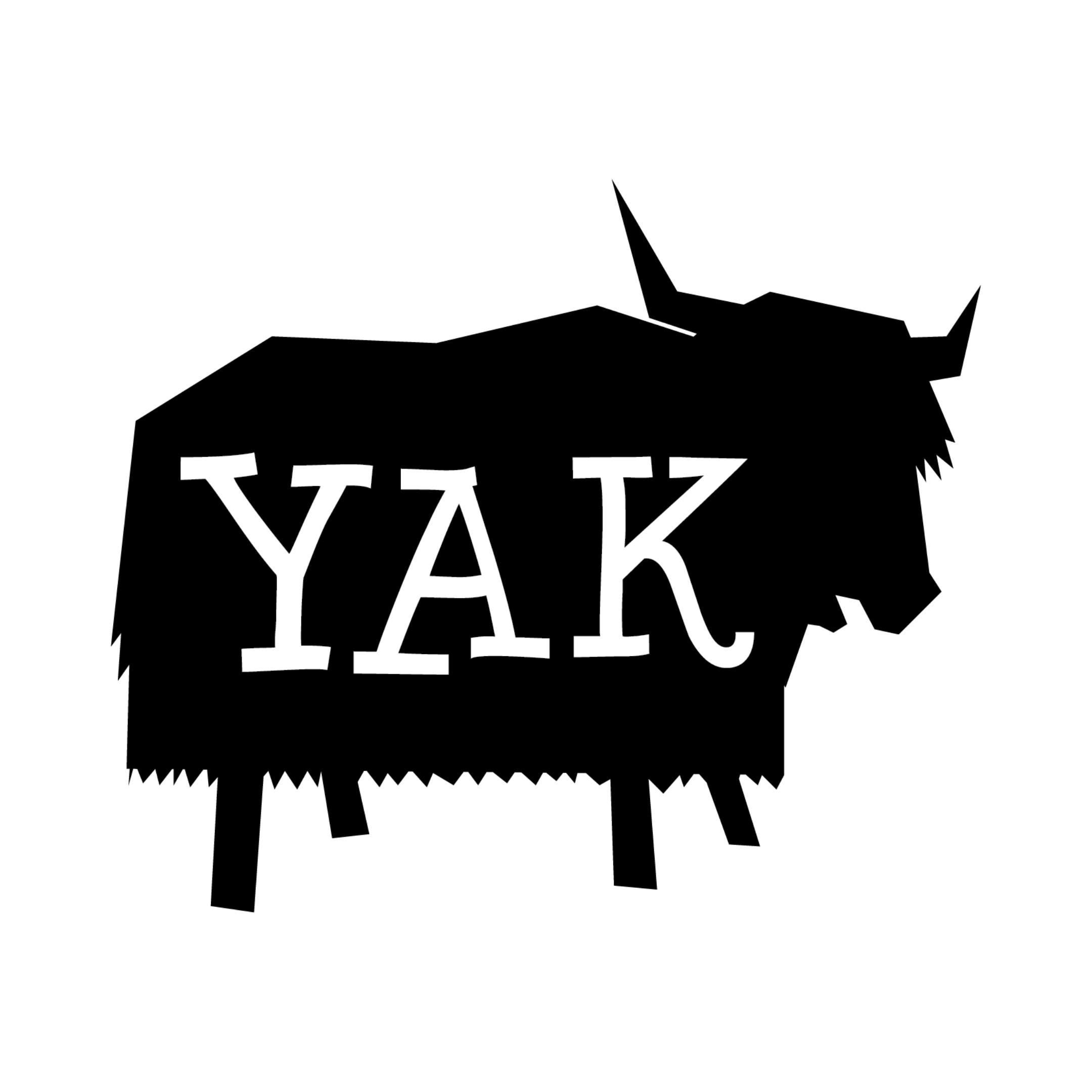What’s the deal with the 2018 Budget?

With the latest Federal Budget handed down on Tuesday, Olvia Wilson-Wheeler explains some of the key measures the Government is putting in place and which ones might impact you.
On May 8, Treasurer Scott Morrison delivered what could be the Turnbull Government’s last Federal Budget before the next election. The 2018 Overview forecasted half the last budget’s deficit and a return to surplus through tax relief, backing businesses, providing better essential services, keeping Aussies safe and ensuring the government lives within its means. However, this budget projects 10 years into the future instead of the usual four, and is entirely dependent on the Coalition being re-elected three more times. Former treasurer Peter Costello told the ABC most Australians will be dead by the time we clear our debts under this budget.
Tax relief
The largest focus of the 2018 Budget were changes to tax rates for low and mid-income Aussies. A seven year plan is needed “to make taxes lower, fairer and simpler”, said Scott Morrison in his address to parliament. The tax relief to 10 million Australians Morrison was talking about is $530 a year, or a cup of juice from Think a week. These tax cuts are intended to stimulate the economy and pull us out of debt. The tax relief could have gone to paying the national debt, which would have helped every Australian instead of less than half of us, and cleared the debt faster.
Essential services
Schools will be receiving parts of a $24.5b Quality Schools package over the next 10 years on a needs basis, to address underfunding and underperformance. Metro university students weren’t mentioned, however, the government is delivering $42.2m to make access to bachelor programs and study hubs easier for regional students. The budget included $1.4b to the Pharmaceutical Benefits Scheme for new and amended treatment options for serious illnesses, including new medication to prevent HIV. Public hospitals will receive $50m, but no changes were made to the Medicare Levy or the NDIS. $125m will go into Lifeline and other mental health services. Welfare is still the largest part of government spending and will receive $176b in 2018-19. Remote Indigenous housing in the Northern Territory will receive $110m in 2018-19, however other Indigenous issues have been neglected.
Business
Tax cuts have been promised to small and medium businesses. New funding of $102m in biosecurity and $26.6m in managing pests and weeds will help Australian farmers in export markets. No increase in corporate tax was announced.
Closing borders
As part of a plan to “keep Australians safe” the Coalition government announced $294m for upgraded airport security, $62.2m to “stop the boats”, $157m to combat crime, a $130m upgrade to the Department of Home Affairs infrastructure for visa processing and identification processes, and $50.3m to pursue those responsible for the crash of MH17 over Ukraine. The main points Morrison repeated for this category were “terrorism” and “stopping the boats”.
Promising not to overspend
The overview of the budget reports the Coalition government has “the lowest rate of spending growth of any government in more than 50 years”, and has promised careful spending to get Australia out of debt. The budget revealed the government would no longer be borrowing to pay for expenses like welfare, hospitals, or schools but will keep borrowing for infrastructure.
Infrastructure
The Coalition announced a ten year $75b rolling infrastructure plan, with most of the funding going into inner-city rail networks, bridges and roads. Only $4.5b of this will be spent over the next four years. Unfortunately, none of this portion will be coming Newcastle’s way; NSW’s $1.5b went to Coffs Harbour’s Pacific highway bypass, Port Botany rail line and Nowra bridge. Another $1b has been allocated to reducing urban traffic congestion. The budget also allowed for a $2.4b public technology infrastructure boost, which includes an improved Bureau of Meteorology, better GPS and a national space agency.
Environment
The only environmental concerns raised were about protecting our agricultural exports and the 64,000 jobs the Great Barrier Reef creates. The Coalition pledged $500m to improving the water quality, removing the crown-of-thorns starfish and conducting scientific research. The intention here is vague, and the funds will most likely be used to treat the symptoms and not the cause i.e. global warming and pollution.
Feature Image: Flagstaffotos, via Wikimedia. No changes made.


